South Africa Financially Independent Permit
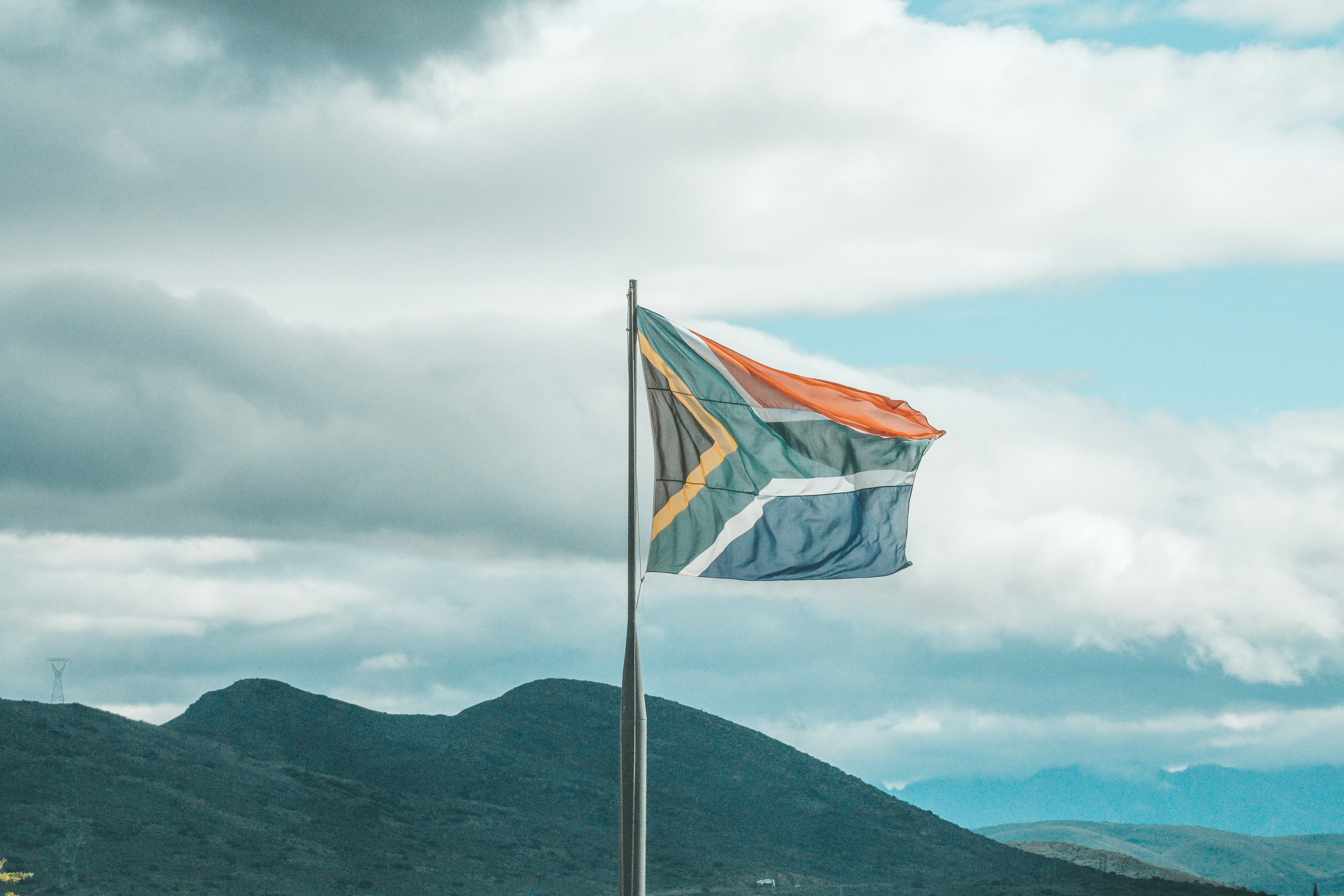
Quick Visa Facts
Visa length Permanent (grants immediate permanent residence)
Possible to extend? Not applicable — no renewal needed; permanent status is granted upon approval.
Who can apply? High-net-worth individuals, regardless of age or employment status
Minimum Income Requirements Applicants must prove total assets of at least ZAR 12 million (USD $675,000)
Time for visa applications Typically 6 to 12 months, though delays of 12+ months are possible depending on the Department of Home Affairs backlog and application completeness
Want to know if you can apply?
Complete a visa quiz and see if you qualify!
Dreaming of spending your days in Cape Town, the Winelands, or along the Garden Route, without needing to work, invest, or retire under strict rules? South Africa’s Financially Independent Permit could be your ideal path to permanent residence.
This little-known immigration route is designed for individuals who can prove substantial financial means, without needing a job offer, local income, or active business involvement. Whether you're a high-net-worth individual seeking a base in Africa or looking for lifestyle flexibility with fewer strings attached, this permit offers direct access to permanent residency in one of the world’s most diverse and stunning countries.
In this guide, we’ll walk you through everything you need to know about the Financially Independent Permit, including who qualifies, how to apply, required documents, fees, and the long-term benefits of holding South African permanent residence.
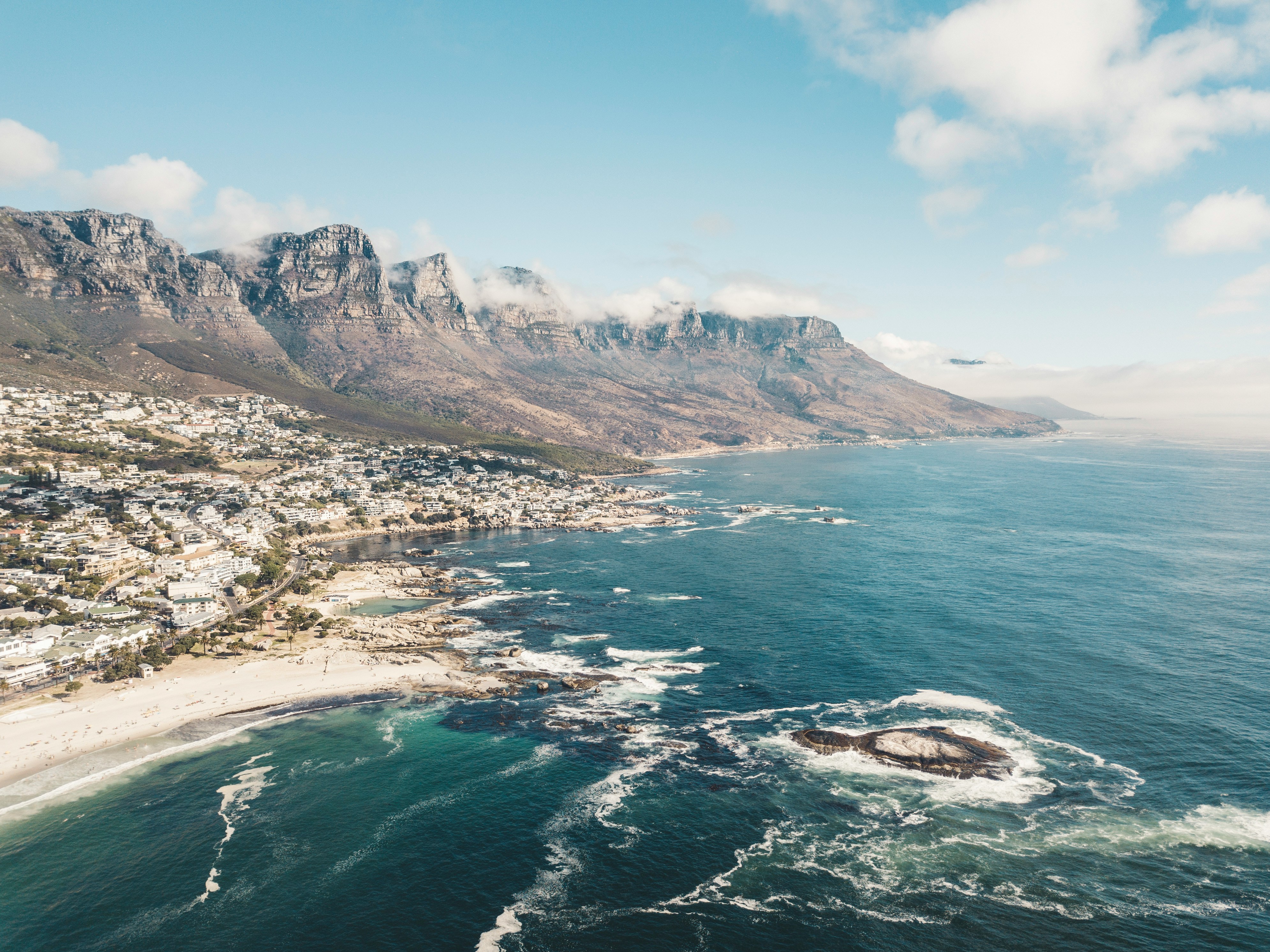
South Africa Financially Independent Permit: Visa Overview
The Financially Independent Permit is a permanent residence option introduced under South Africa’s Immigration Act No. 13 of 2002, and it remains one of the most flexible immigration routes available today. Unlike most permits that require employment, business activity, or retirement income, this permit is designed specifically for individuals who can demonstrate substantial net worth, regardless of their employment or age status.
Once approved, applicants are granted permanent residency immediately, without needing first to hold a temporary visa. It is an attractive option for high-net-worth individuals seeking long-term residence in South Africa with minimal obligations.
Note: According to the Department of Home Affairs, the Financially Independent Permit is one of only a few permits that provide direct access to permanent residence based solely on financial standing.
Who Is It For?
This visa is ideal for:
High-net-worth individuals who want to reside in South Africa long-term.
People who do not plan to work or start a business locally but have the financial resources to support themselves.
Those who want to obtain permanent residency without needing to meet income or investment thresholds tied to specific economic activities.
Applicants must demonstrate a minimum net worth of ZAR 12 million (approximately USD $675,000) to qualify. Unlike retirement visas or business permits, there are no age restrictions, income sources, or work obligations tied to this category.
What Does It Allow You to Do?
Once granted, the Financially Independent Permit gives you:
Immediate permanent residence in South Africa.
The right to live, study, buy property, and operate a business.
The option to work, though employment is not required.
Freedom to enter and exit South Africa freely, with only a minimal physical presence requirement (you must enter the country at least once every 3 years to retain your status)
It also opens a pathway to South African citizenship through naturalization after five years of qualifying residence, subject to meeting residency and legal requirements.
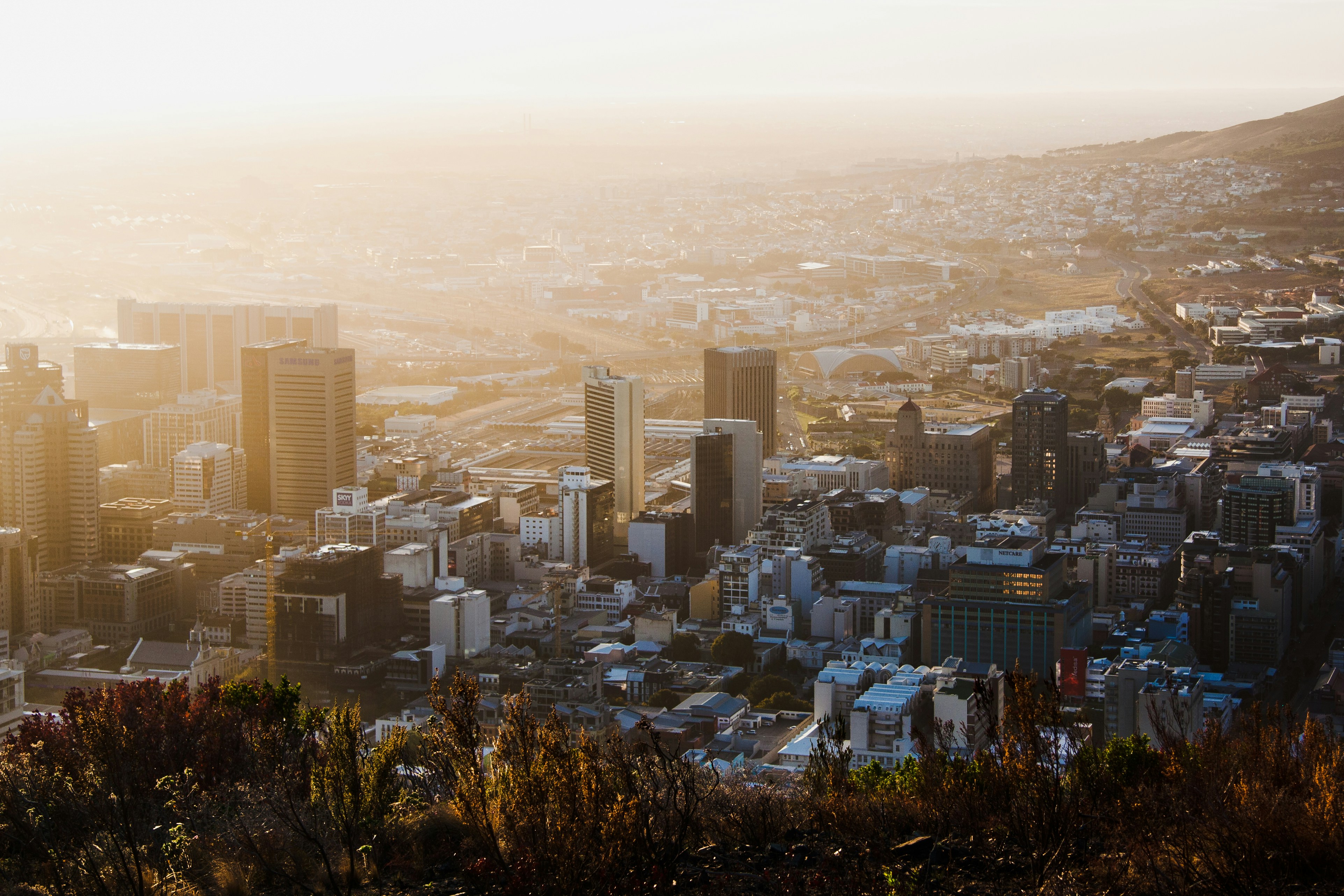
South Africa Financially Independent Permit Requirements
To apply for the South Africa Financially Independent Permit, you’ll need to submit a complete application with both standard and special supporting documents. Below is a breakdown of the general requirements and the key financial documentation that forms the core of this visa category.
The following documents are required for all applicants:
Completed Form BI-947 (Application for Permanent Residence Permit)
Valid passport with at least two blank pages and six months' validity.
Two passport-sized color photographs (recent and compliant with photo guidelines)
Medical report (Form BI-811) not older than six months.
Radiological report (Form BI-806)
Police clearance certificates from every country where you have lived for 12 months or longer since the age of 18.
Unabridged birth certificate.
Proof of marital status (marriage certificate, divorce decree, or death certificate if applicable)
Proof of residence in South Africa, if already in the country.
Signed undertaking regarding repatriation.
Non-refundable application fee (currently ZAR 1,520 – USD $86)
Proof of Financial Self-Sufficiency
This is the most critical requirement for the Financially Independent Permit.
Applicants must demonstrate a minimum net worth of ZAR 12 million (USD $675,000 approximately). You must provide:
Official bank statements, investment portfolios, property valuations, or other financial instruments proving total assets equal to or exceeding ZAR 12 million.
A comprehensive summary or affidavit detailing your global financial position
Documents must be professionally compiled, certified, and translated into English if applicable.
Note: The South African Department of Home Affairs will assess whether your assets are “unencumbered” and accessible for self-support in South Africa.
Issuance Fee on Approval
If your application is successful, you’ll be required to pay a once-off issuance fee of ZAR 120,000 (USD $6,780 approximately) before your permanent residence certificate is issued. This is in addition to the application fee and is only payable after approval.
Private Health Insurance (Recommended)
Although not mandatory, it is strongly recommended that applicants hold valid private medical insurance covering healthcare needs in South Africa, especially if they do not plan to work or join a local employer-sponsored scheme.
Travel insurance is not accepted; it must be long-term residency health insurance. You can find our recommendations for the best health insurance plans for digital nomads here.
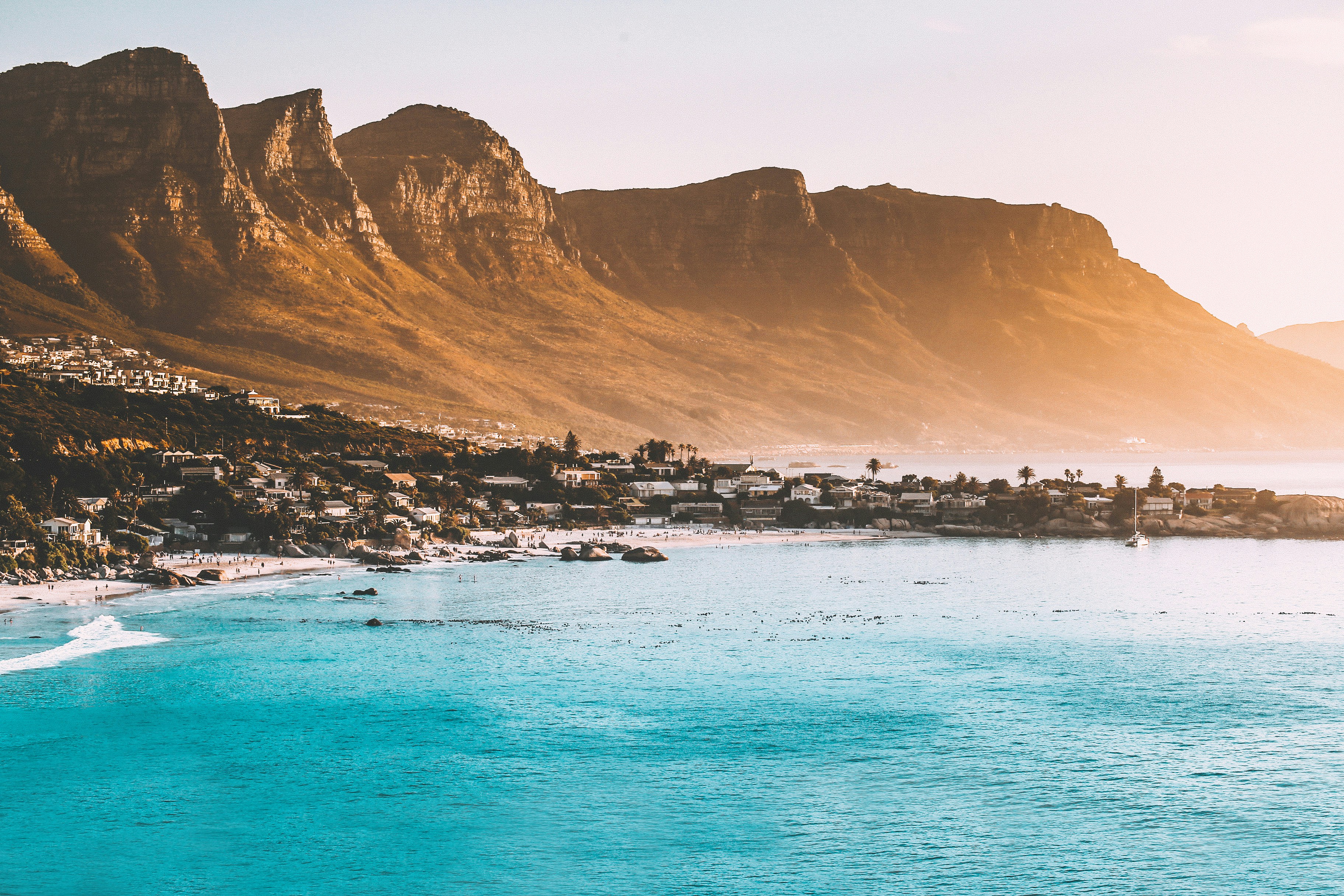 How to Apply for the South African Financially Independent Permit – Step-by-Step Instructions
How to Apply for the South African Financially Independent Permit – Step-by-Step Instructions
Applying for the Financially Independent Permit involves a detailed submission process through the South African Department of Home Affairs. Below is a step-by-step guide to help you prepare and file your application properly, whether you’re applying from abroad or within South Africa.
Step 1: Gather Required Documents
Start by collecting all the general documents and special financial evidence outlined in the visa requirements. These include:
Completed Form BI-947.
Valid passport.
Medical and radiological reports.
Police clearance certificates.
Unabridged birth certificate.
Proof of net worth of ZAR 12 million (USD $675,000 approximately)
Any supporting documentation for dependents (if applicable)
Ensure all documents are original or certified copies. Any non-English documents must be officially translated.
Step 2: Compile and Certify Financial Evidence
The most important part of your application is demonstrating financial self-sufficiency. Work with a qualified accountant, financial advisor, or immigration specialist to compile:
Bank and investment statements.
Property valuation reports.
A professionally drafted financial declaration/affidavit.
This documentation must clearly confirm that your total net worth meets or exceeds ZAR 12 million and that your assets are legally obtained and accessible.
Step 3: Submit Your Application
Where and how to submit depends on your current location:
If applying from outside South Africa: Submit your application at your nearest South African embassy, mission, or consulate.
If applying from within South Africa (under lawful temporary residence): Submit your application to the Department of Home Affairs or a Visa Facilitation Centre (VFS Global).
Appointments may be required, and in-person biometric submission is often part of the process.
Step 4: Pay the Application Fee
At the time of submission, you must pay the non-refundable application fee of ZAR 1,520 (USD $86). Keep your receipt and proof of payment.
Step 5: Await Processing and Final Decision
Processing times for Financially Independent Permits can be lengthy. While timelines vary, expect to wait 6 to 12 months or longer, depending on the complexity of your case and the Department's workload.
You can track your application status if you applied via VFS Global or inquire directly with the consulate or DHA office.
Step 6: Pay the Issuance Fee (If Approved)
If your application is successful, you’ll be notified and required to pay the once-off issuance fee of ZAR 120,000 (USD $6,780 approximately) before your permanent residence certificate is issued.
Step 7: Receive Your Permanent Residence Certificate
Once the issuance fee is paid and final checks are completed, you will receive your permanent residence certificate, allowing you to live in South Africa with full PR status.
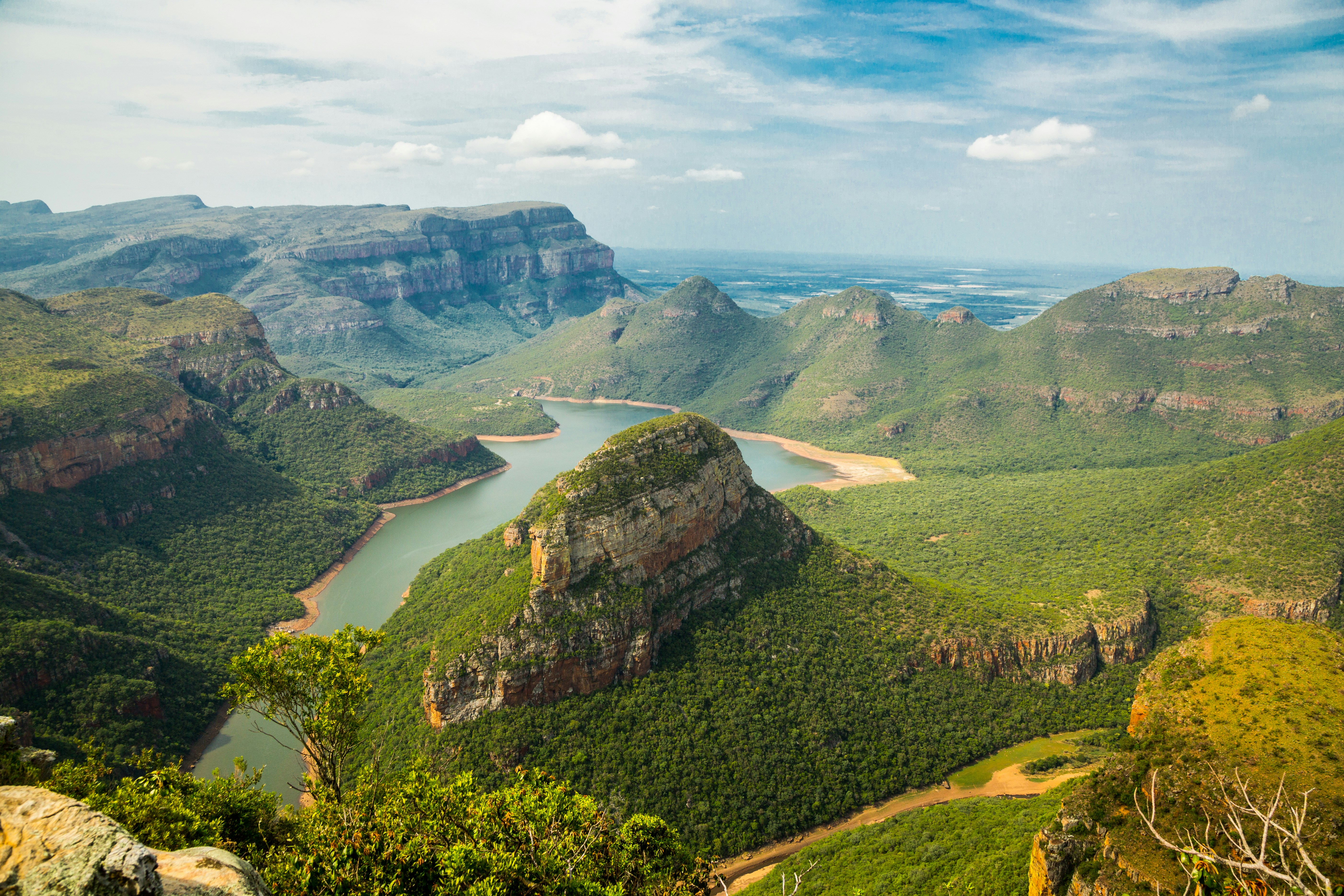 Residency Requirements & Path to Citizenship
Residency Requirements & Path to Citizenship
Once you receive the South Africa Financially Independent Permit, your permanent residence status does not require full-time living in the country. However, there are specific physical presence requirements depending on your long-term goals.
To maintain your permanent residency, you are only required to enter South Africa at least once every 3 years. There is no annual minimum stay or day-count requirement, making this permit extremely flexible for global travelers and part-time residents.
If you are aiming to become a South African citizen through naturalization, additional rules apply. You must:
Hold permanent residence for at least 5 years
Be ordinarily resident in South Africa throughout those 5 years
Have lived continuously in South Africa for the 12 months immediately before applying for citizenship (short trips under 90 days per year are usually permitted)
Meeting these criteria makes you eligible to apply for South African citizenship, provided you also meet language and good character requirements outlined by the Department of Home Affairs.
How Much Does the South African Financially Independent Permit Cost?
The South Africa Financially Independent Permit comes with two main costs: a standard application fee and a much higher issuance fee payable only upon approval.
Here’s a breakdown of what you can expect to pay:
Application fee: ZAR 1,520 / USD $86 (non-refundable and paid when submitting your application)
Issuance fee: ZAR 120,000 / USD $6,780 (only payable after your application is approved)
The issuance fee is unique to this permit and reflects the high-net-worth threshold required to qualify. It must be paid before your permanent residence certificate is issued. This cost is in addition to any expenses you may incur for financial documentation, translations, medical exams, courier services, or legal representation (if you choose to work with an immigration consultant).
All payments must be made in accordance with the official guidelines provided by the South African Department of Home Affairs or the relevant embassy, mission, or VFS Global center handling your application.
Keep in mind that these costs are subject to change, so it’s always a good idea to double-check with the official source before you apply.
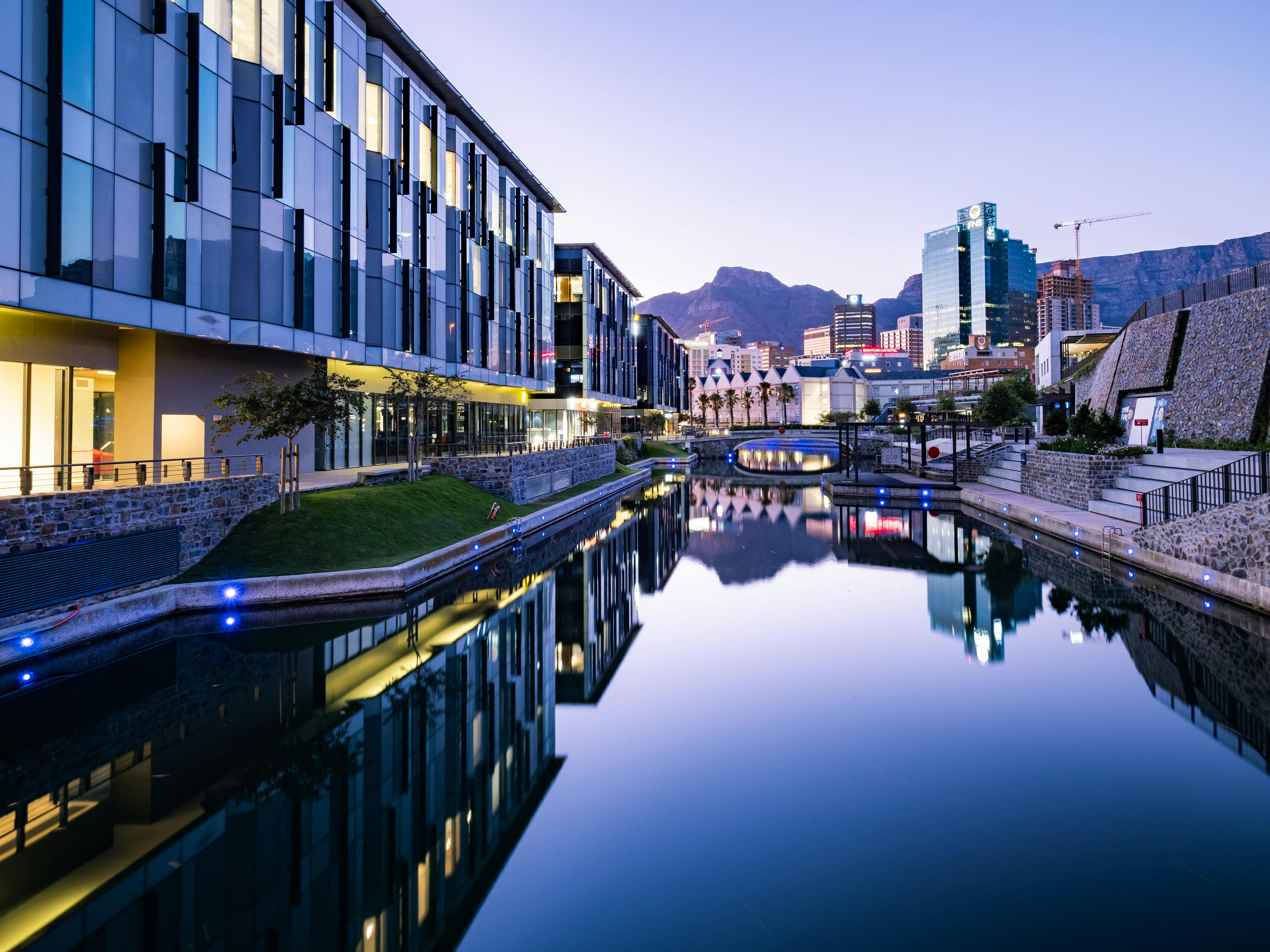
Taxes for People With a South Africa Financially Independent Permit
Receiving the Financially Independent Permit grants you permanent residence in South Africa, and with that comes potential tax residency obligations. Whether or not you become a tax resident depends on your physical presence in the country and where your income is sourced.
Here’s what you need to know:
South Africa uses a residency-based tax system. If you are considered a tax resident, you’ll be taxed on your worldwide income, not just income earned in South Africa.
You may be considered a tax resident if you live in South Africa more than 183 days in any 12-month period, or if you have established ordinarily resident status (i.e., South Africa is your main home, even if you travel frequently).
If you are not a tax resident, you will only be taxed on South African-sourced income, such as local interest, dividends, rental income, or capital gains from property.
You are required to register with the South African Revenue Service (SARS) if you earn income locally or are classified as a tax resident.
South Africa has double taxation agreements (DTAs) with many countries, which may prevent you from being taxed twice on the same income.
Although the Financially Independent Permit does not require you to work or earn local income, it's important to consult with a qualified tax advisor, especially if you have global income or plan to spend significant time in South Africa. Understanding your tax status early can help you remain compliant and make the most of your residency.
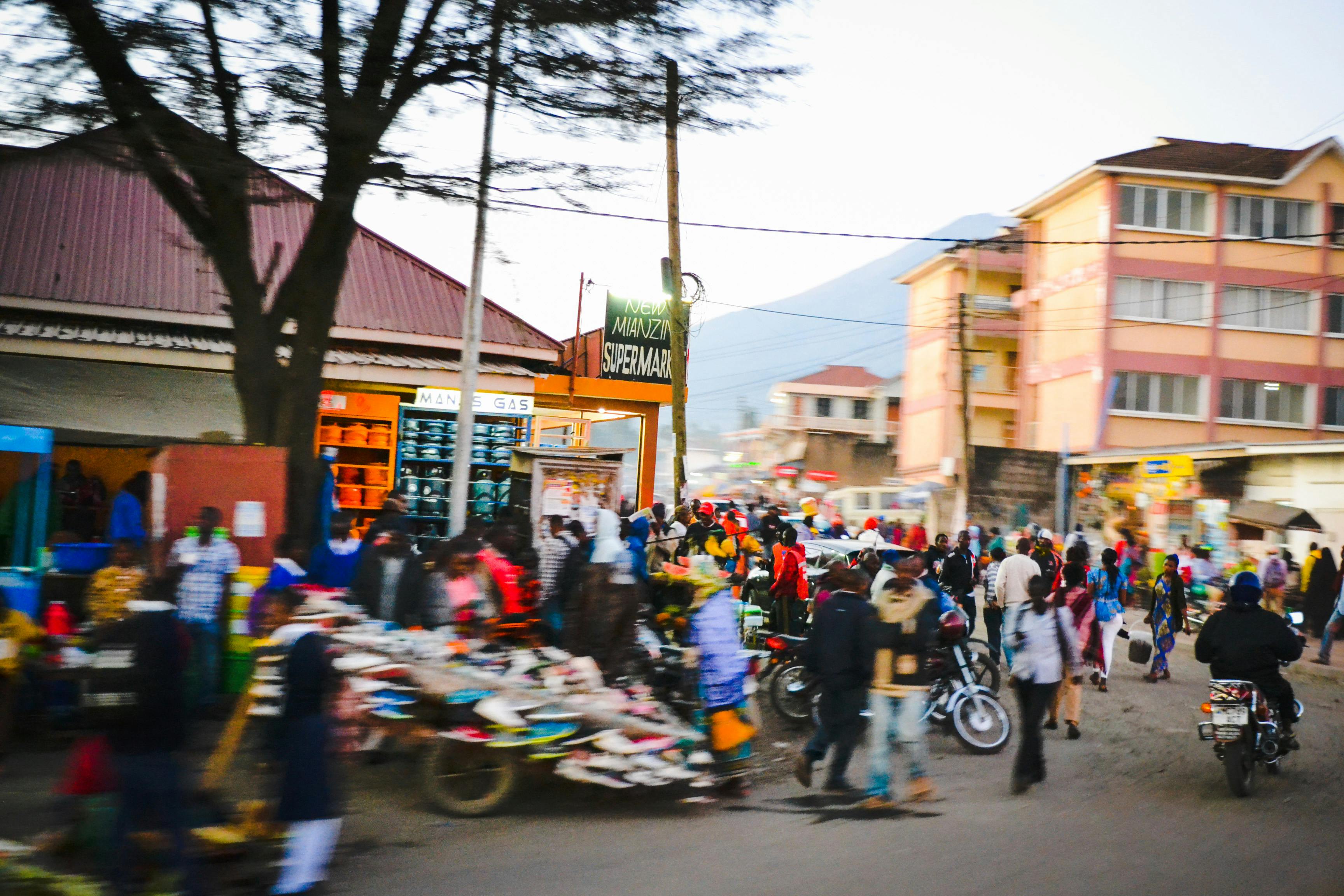
Living in South Africa with the Financially Independent Permit
Living in South Africa with the Financially Independent Permit gives you the freedom to enjoy the country’s diverse landscapes, rich culture, and relatively low cost of living, all while holding permanent residence status. From world-class cities like Cape Town and Johannesburg to tranquil coastal towns and wine country retreats, you have the flexibility to choose a lifestyle that fits your preferences. This arrangement is perfect for retirees, remote professionals, or global citizens who are in search of a lifestyle base. It allows them to purchase property, open bank accounts, access private healthcare, and live without employment restrictions.
Because this permit grants permanent residence from day one, you can build long-term roots in South Africa without the need to renew a temporary visa. Whether you plan to live in South Africa year-round or split your time across countries, the permit allows you to come and go as needed, as long as you enter the country at least once every three years to maintain your status. With natural beauty, modern infrastructure, and a welcoming expat community, South Africa offers a unique blend of lifestyle and opportunity for financially independent residents.
Best Cities to Live in South Africa
South Africa offers a variety of lifestyle options for Financially Independent Permit holders, whether you're after coastal serenity, urban sophistication, or natural beauty. Here are three of the best cities to live in South Africa, each offering something unique for permanent residents.
Cape Town
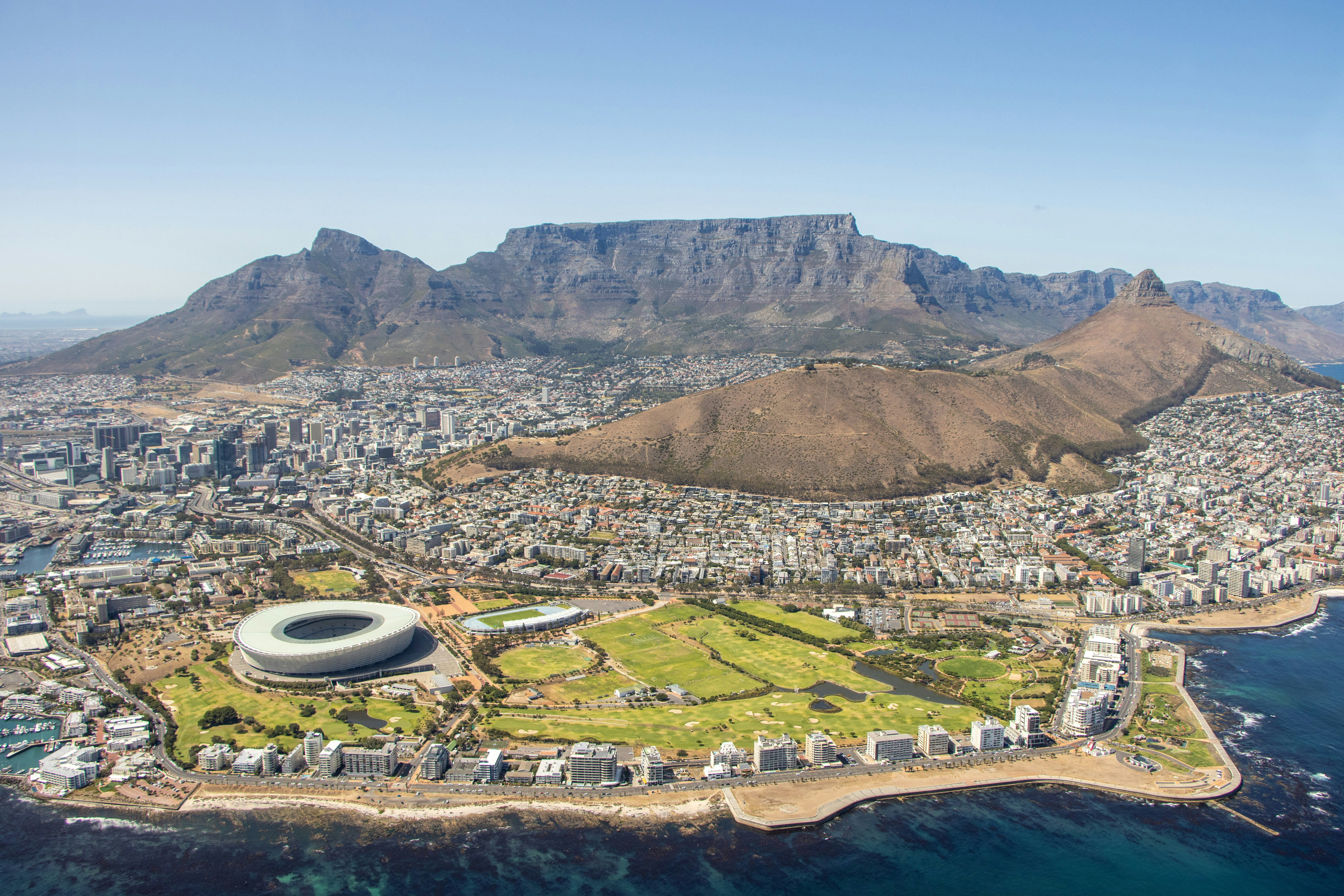 Cape Town is consistently ranked as one of the most beautiful cities in the world, and for good reason. Nestled between Table Mountain and the Atlantic Ocean, the city offers a laid-back coastal lifestyle with easy access to beaches, hiking trails, vineyards, and fine dining. It’s also home to excellent private healthcare, international schools, and a thriving digital nomad and expat scene. Whether you're into art, food, wine, or outdoor adventure, Cape Town blends world-class living with breathtaking scenery.
Cape Town is consistently ranked as one of the most beautiful cities in the world, and for good reason. Nestled between Table Mountain and the Atlantic Ocean, the city offers a laid-back coastal lifestyle with easy access to beaches, hiking trails, vineyards, and fine dining. It’s also home to excellent private healthcare, international schools, and a thriving digital nomad and expat scene. Whether you're into art, food, wine, or outdoor adventure, Cape Town blends world-class living with breathtaking scenery.
Johannesburg
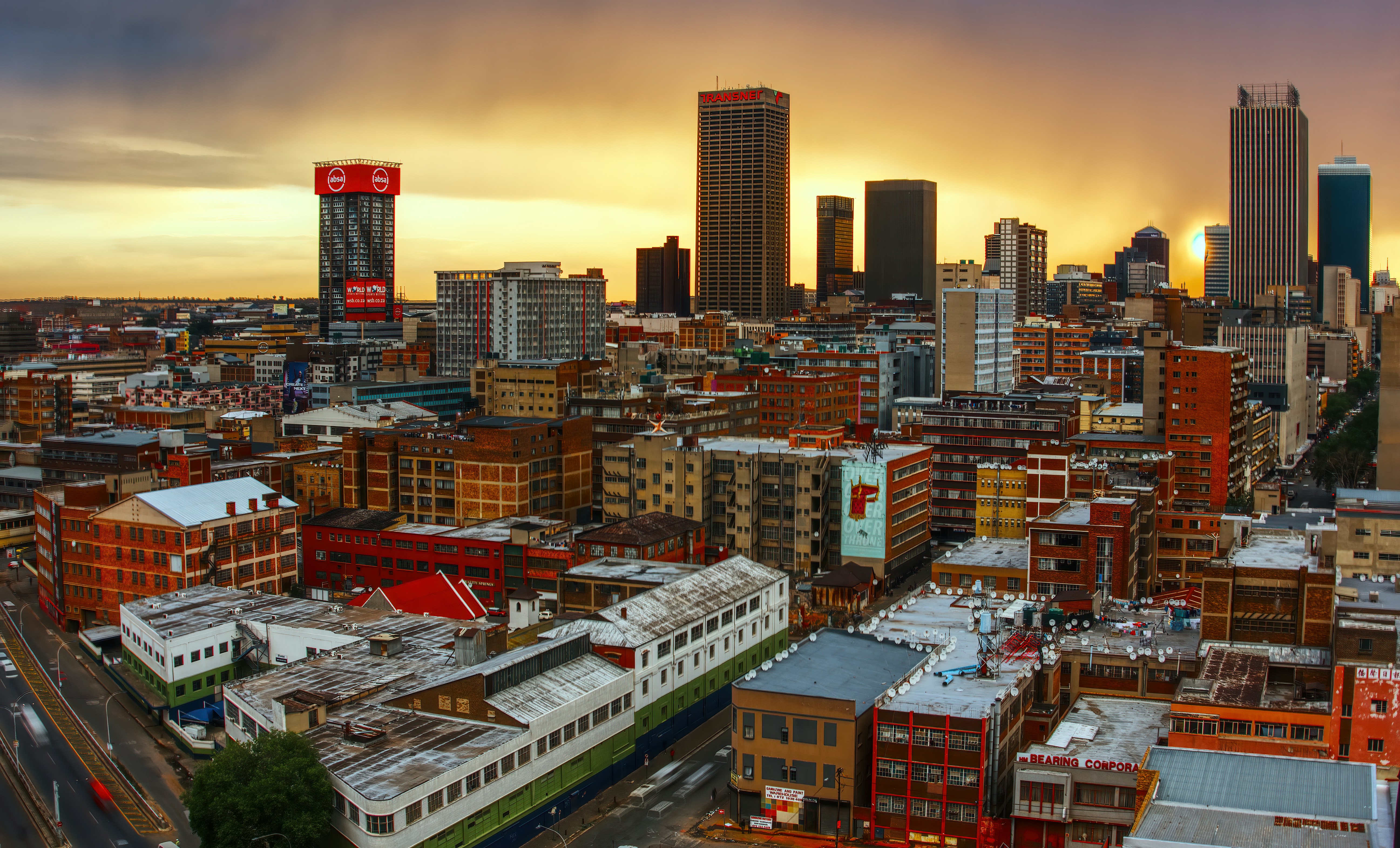 Johannesburg, or "Joburg," is the economic engine of South Africa and a top choice for those who enjoy a fast-paced, cosmopolitan lifestyle. Known for its vibrant arts and culture scene, upmarket suburbs, and growing business districts, Johannesburg also offers access to premier shopping malls, restaurants, and high-end residential estates. While not coastal, it’s a well-connected travel hub and a great base for local and international exploration. Its modern infrastructure and international airport make it especially appealing for global residents who travel frequently.
Johannesburg, or "Joburg," is the economic engine of South Africa and a top choice for those who enjoy a fast-paced, cosmopolitan lifestyle. Known for its vibrant arts and culture scene, upmarket suburbs, and growing business districts, Johannesburg also offers access to premier shopping malls, restaurants, and high-end residential estates. While not coastal, it’s a well-connected travel hub and a great base for local and international exploration. Its modern infrastructure and international airport make it especially appealing for global residents who travel frequently.
Durban
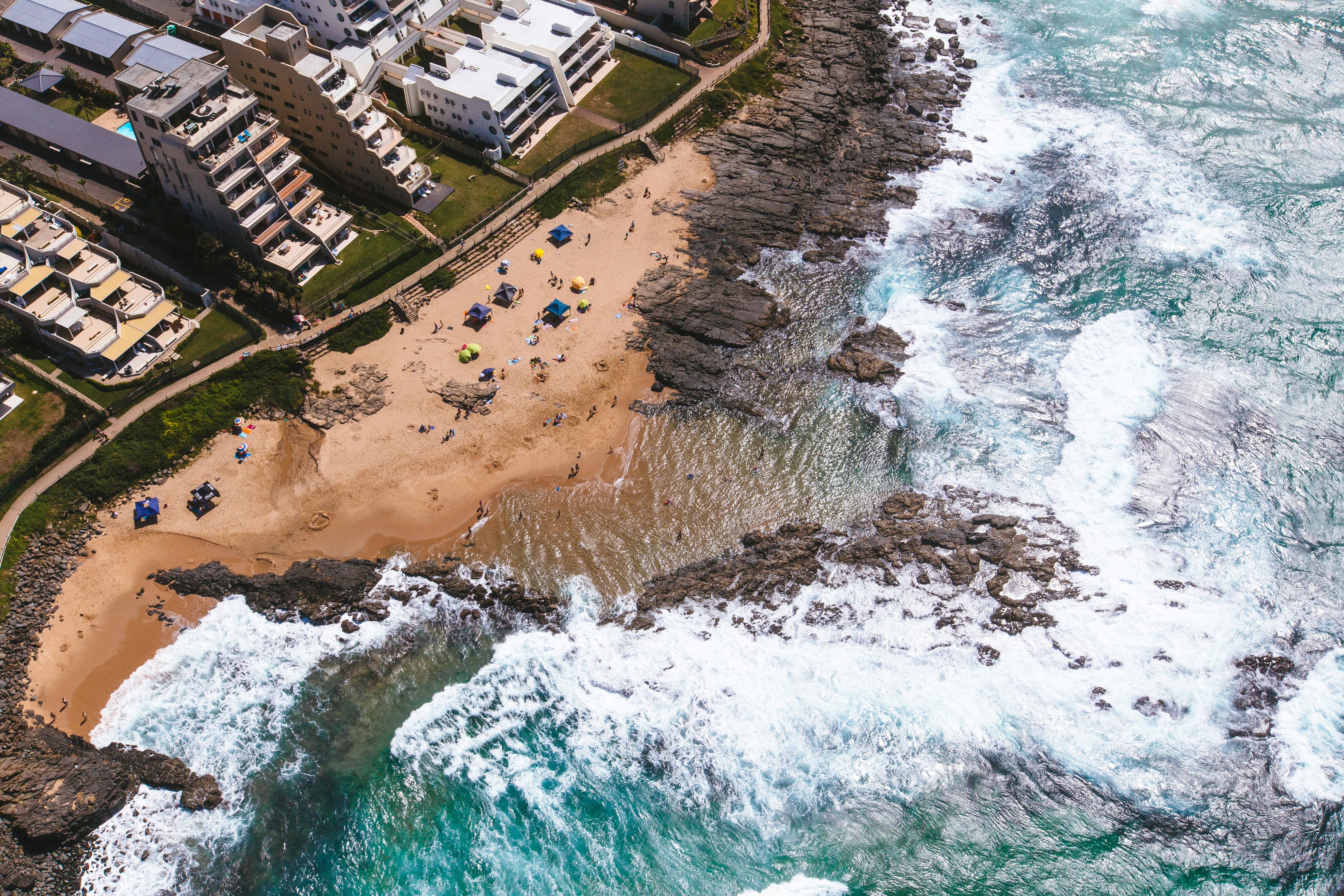 Located on South Africa’s warm Indian Ocean coast, Durban is a relaxed yet bustling city known for its subtropical climate, stunning beaches, and rich multicultural heritage. It’s a favorite among those looking for a slower pace of life without sacrificing amenities. Durban has a strong Indian and Zulu influence, reflected in its food, festivals, and architecture. It’s also generally more affordable than Cape Town or Johannesburg, making it a great option for financially independent residents who want seaside living with a local flair.
Located on South Africa’s warm Indian Ocean coast, Durban is a relaxed yet bustling city known for its subtropical climate, stunning beaches, and rich multicultural heritage. It’s a favorite among those looking for a slower pace of life without sacrificing amenities. Durban has a strong Indian and Zulu influence, reflected in its food, festivals, and architecture. It’s also generally more affordable than Cape Town or Johannesburg, making it a great option for financially independent residents who want seaside living with a local flair.
Cost of Living
The official currency of South Africa is the South African rand (ZAR). 1 ZAR = approximately USD $0.0524
The average net monthly salary in South Africa is around R 18,098, which equates to approximately USD $948 .
Here’s a rundown of what you should expect to pay in different cities:
Cape Town
Rent (1 bedroom in city centre): $774 per month
Rent (3 bedrooms outside city centre): $996 per month
Basic Utilities: $96 per month
Wi‑Fi (60 Mbps unlimited): $42 per month
Public Transport (one‑way ticket): $1.10
Groceries (2 people): $300–600 per month
Johannesburg
Rent (1 bedroom in city centre): $412 per month
Rent (3 bedrooms outside city centre): $657 per month
Basic Utilities: $72 per month
Wi‑Fi (60 Mbps unlimited): $39–44 per month
Public Transport (one‑way ticket): $1.62
Groceries (2 people): $250–500 per month
Durban
Rent (1 bedroom in city centre): $347 per month
Rent (3 bedrooms outside city centre): $550 per month
Basic Utilities: $136 per month
Wi‑Fi (60 Mbps unlimited): $36 per month
Public Transport (one‑way ticket): $1.66
Groceries (2 people): $320–640 per month
FAQs
Can I work in South Africa with a Financially Independent Permit?
Yes. While employment is not required to obtain this permit, you are legally allowed to work, run a business, or engage in freelance activities if you choose. The permit offers full permanent residence rights.
Do I need to live in South Africa full-time to keep my permanent residence?
No. You do not need to live in South Africa year-round, but you must enter the country at least once every three years to maintain your permanent resident status.
Can I include my spouse and children in my application?
Yes. You can apply for your spouse and dependent children to receive permanent residence based on your status. Each family member must submit their own documents, but they can be included in your main application.
How long does the application process take?
Processing times vary depending on your location and application complexity. On average, expect 6 to 12 months, though some applicants may wait longer due to backlogs or document verification delays.
Will I become a South African tax resident if I hold this permit?
Not automatically. Tax residency depends on how much time you spend in South Africa and whether the country is considered your primary home. If you meet the physical presence or "ordinarily resident" tests, you may be subject to taxation on worldwide income. It’s best to consult a qualified tax advisor.
Can I get help applying for the South Africa Financially Independent Permit?
If you need help applying for a visa, you can talk to Citizen Remote. Get specific advice from one of our experts, or outsource the entire application to our team.
Author
Nadia Dardón is a content creator from Guatemala. She has worked fully remotely for the past six years as a copywriter, editor, and content creator, working for different industries. She started her digital nomad journey in 2022 and currently lives as an expat in Spain.
